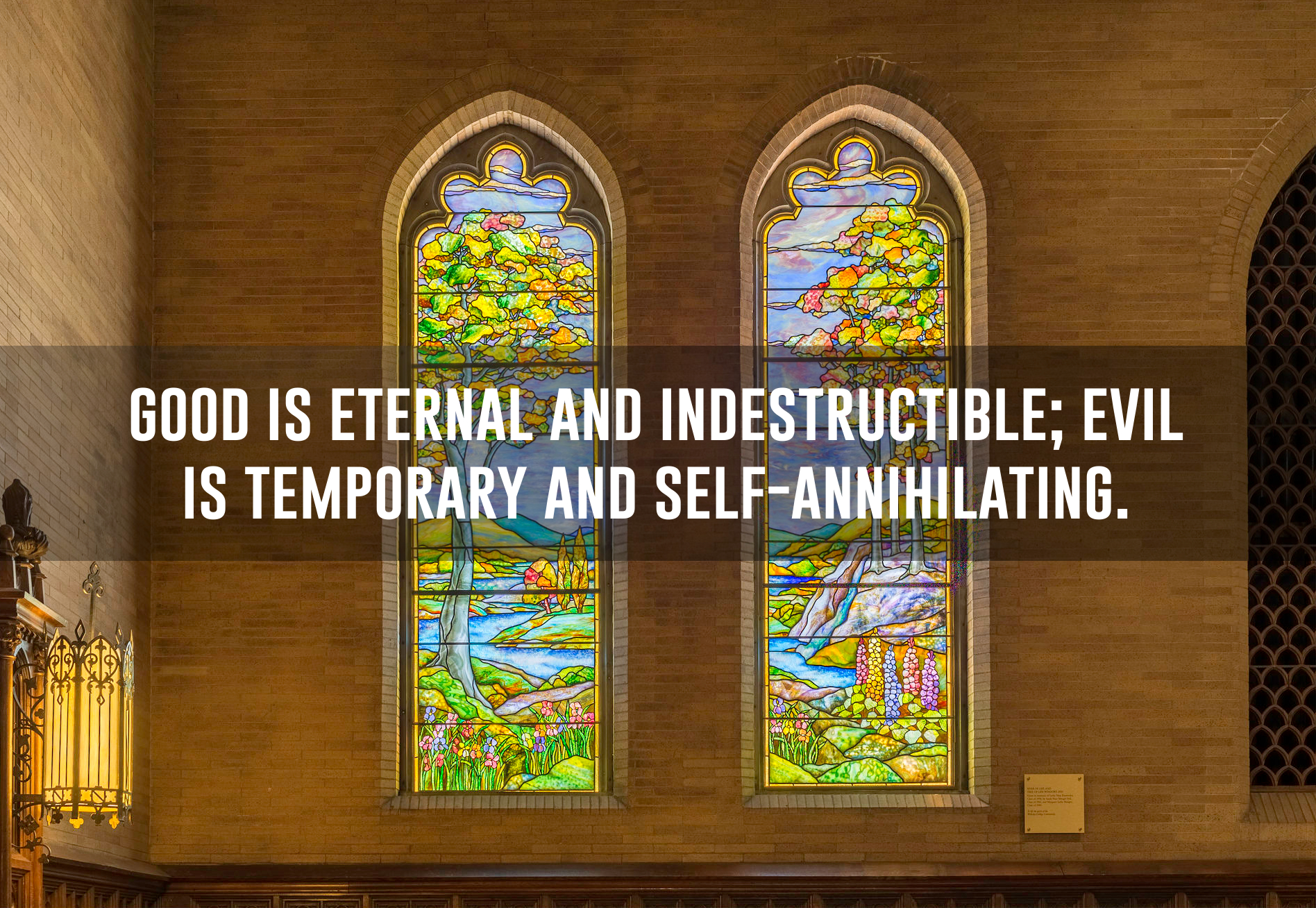Exoteric and Esoteric, are terms denoting external and internal, and applied to the double doctrine of the ancient philosophers: one was public or exoteric; the other secret, or esoteric. The first was that which they openly professed and taught to the world; the latter was confined to a small number of chosen disciples.
This idea of esoteric philosophy was originally derived from the Egyptians; who, according to the united testimony of Herodotus, Diodorus Siculus, Strabo, and Plutarch, had a twofold philosophy, one secret and sacred, another public and common. The same practice also obtained among the Persian Magi, the Druids of the Gauls, and the Brachmans of India.
The Egyptian priests, with whom it originated, sustained the character of judges and magistrates, and probably introduced this distinction with a view to the public welfare, and to serve the purposes of legislation and government.
Clement of Alexandria informs us, that they communicated their mysteries principally to those who were concerned in the administration of the state; and Plutarch confirms the same declaration.
However, others have supposed that they invented the fables of their gods and heroes, and the other external ceremonies of their religion, to disguise and conceal natural and moral truths; but whatever was the motive of their practice, it was certainly applied to political purposes.
Source: Encyclopaedia Britannica, 1797


























